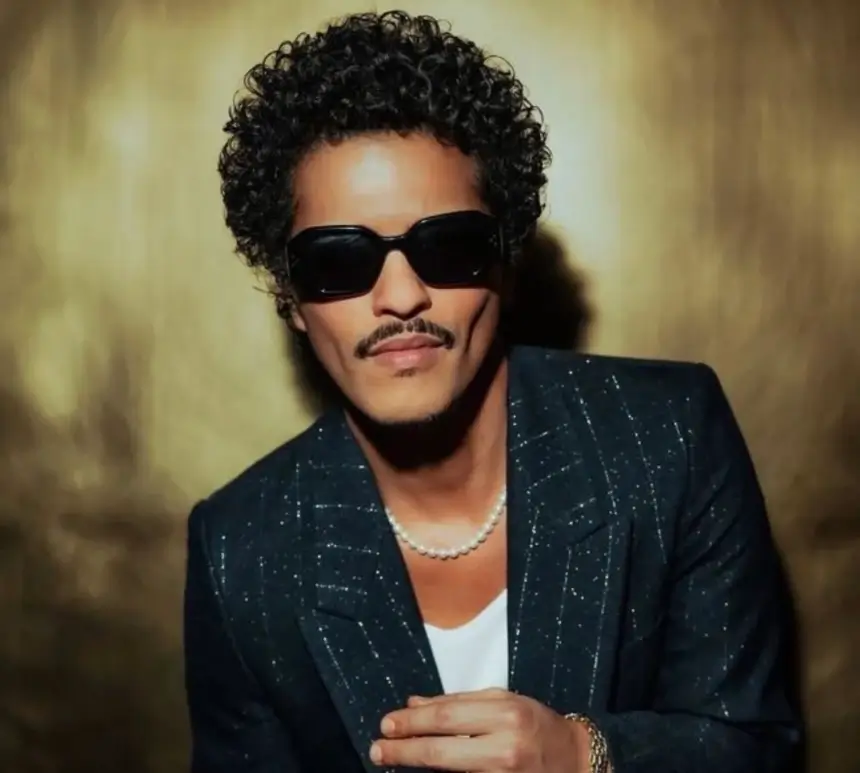Johnny Depp’s much-anticipated return to the big screen is making headlines. After a six-year absence from major roles, his comeback signals more than just another chapter in his storied career—it represents a moment of cultural and industry significance. A rumored reunion with Penelope Cruz only heightens this excitement, promising a film that combines the rich cinematic chemistry they’ve shared in past collaborations with new possibilities.
Depp’s six-year hiatus wasn’t one of choice; it was marred by legal battles and public controversies that reshaped his once-brilliant Hollywood career. During this period, public perception varied widely. For some fans, Depp remained an icon, while others questioned his future in film amid the intense scrutiny.
This return marks a crucial point. Depp’s role selection becomes, by necessity, more than just a professional choice—it’s a statement on his resilience and capacity to bounce back. Examining the industry’s response to his comeback reveals a complicated mix of caution and excitement. Depp’s ability to captivate audiences is undeniable, and this return offers a case study on how Hollywood handles artists with tumultuous personal lives.
The importance of Depp’s first major role in years can’t be overstated. In choosing a role that suits both his iconic style and his current standing in the industry, Depp sets the tone for his future projects. Will he lean into his strength for eccentric characters, or is this a chance to redefine himself?
The selection of this role could signify more than just a movie—it could act as a turning point, positioning Depp for a new chapter. The impact extends beyond his own career; it challenges Hollywood to consider what it values in terms of talent versus reputation. Depp’s talent has earned him a place among Hollywood’s elite, but this role must be chosen with caution to ensure his reemergence aligns with the expectations of both fans and critics.
Hollywood loves a comeback story. Yet, Depp’s return isn’t a simple redemption tale—it’s layered with the complexities of public opinion and the industry’s evolving moral compass. Examining Depp’s place within Hollywood’s pattern of redemption stories reveals how deeply interwoven public forgiveness, cultural trends, and artistic merit are in determining a star’s success.
Hollywood has welcomed figures like Robert Downey Jr. and Mel Gibson back into the fold, suggesting that, given time, the industry can embrace those with troubled histories. Depp’s return thus forces Hollywood to confront its own values. If Depp’s film succeeds, it may underscore that Hollywood’s moral lines are often blurred by the allure of star power and talent.
The stakes for Depp’s performance are high. Industry insiders, critics, and fans alike are eager to see if he can still captivate audiences with the same charisma and intensity as before. This role isn’t merely about returning—it’s about proving that Depp remains a top-tier actor. Critical expectations are high, and his performance could influence not only his future projects but also broader public opinion.
Expectations are a double-edged sword, though. A powerful performance could re-establish Depp as one of Hollywood’s finest actors, while a lackluster showing could reinforce the doubts about his staying power. The scrutiny he faces is intense, but his track record suggests that he thrives under pressure—a theme that adds layers to the story of his comeback.
Rumors of Depp reuniting with Penelope Cruz have ignited excitement. Cruz and Depp have worked together before in *Blow* and *Pirates of the Caribbean: On Stranger Tides*, establishing a compelling on-screen chemistry that blends depth with a natural ease. Revisiting this chemistry offers fans the chance to see their favorite pair from a fresh perspective, enriched by years of individual growth and professional evolution.
Cruz, with her ability to oscillate between intense drama and charismatic performances, complements Depp’s penchant for eccentricity. Their contrasting styles bring out the best in each other, creating memorable scenes that linger. A new collaboration could see them dive into unexplored dynamics, blending familiar synergy with fresh thematic elements, depending on the film’s genre.
The genre of Depp and Cruz’s rumored film can significantly influence the narrative arc and thematic elements they bring to the screen. Imagine the possibilities:
– A Dark Thriller: Depp’s darker roles, such as in “Sweeney Todd”, paired with Cruz’s intensity, could create a chilling thriller full of psychological twists.
– Romantic Drama: For fans of their chemistry, a romantic plot might offer a fascinating exploration of love, resilience, and personal growth, themes that resonate in light of Depp’s recent journey.
– Historical Epic: A film set in a bygone era, with Depp’s chameleon-like transformations and Cruz’s cultural gravitas, could paint a visually rich and layered narrative.
Cruz and Depp are international stars with an appeal that transcends cultural boundaries. Depp’s Hollywood legacy and Cruz’s European cinematic influence provide a blend of appeal that is unique and difficult to replicate. This reunion serves as more than just an on-screen partnership—it acts as a cultural event, underscoring the global impact of film as an art form that bridges different worlds.
This project, if confirmed, is emblematic of the power of star partnerships to drive film success. Their reunion demonstrates how, despite shifting tastes and trends, the allure of established star power remains a powerful draw. It’s a statement on the value of classic Hollywood appeal, reminding audiences why these actors became icons.
With two major stars involved, expectations are inevitably high. Critics and audiences will closely scrutinize every detail, from casting choices to plot execution. Depp’s return alone is enough to draw eyes, but adding Cruz amplifies the stakes. Can they deliver a film that meets both fan excitement and critical standards?
Their previous works provide a baseline, yet the film’s success will depend on how well they adapt to new expectations. The potential film’s reception could serve as a barometer for Depp’s career trajectory, indicating whether his return is a single milestone or the beginning of a renewed chapter in Hollywood.
This collaboration has industry-wide implications, pushing Hollywood to reconsider its stance on talent, legacy, and controversy. It brings to light the industry’s complex relationship with its stars, especially those whose personal lives have faced public scrutiny. Depp’s return with Cruz reflects Hollywood’s evolving landscape, where the intersection of cultural discourse, audience demand, and celebrity legacy shapes film production.
For Hollywood, Depp and Cruz’s potential film isn’t just a return to the screen; it’s a moment that tests the limits of public opinion, the boundaries of redemption, and the ongoing cultural dialogue around fame and talent.
Johnny Depp’s comeback, amplified by a potential reunion with Penelope Cruz, isn’t just another movie—it’s a cultural phenomenon. It’s about reclaiming a career, navigating public perception, and redefining personal legacies. If successful, this project could signal a new era for Depp, showcasing his resilience and reminding audiences of his place in film history.
Depp and Cruz represent two sides of the industry: one fighting for redemption, the other celebrated for her versatility. Together, they offer a powerful narrative of artistic resilience and mutual respect. In a time when Hollywood is constantly reinventing itself, this film promises to deliver not just a memorable story but a landmark moment in the cinematic landscape. Their collaboration could redefine what it means to bounce back, pushing the boundaries of fame, forgiveness, and artistic excellence in Hollywood.
No comments yet.








